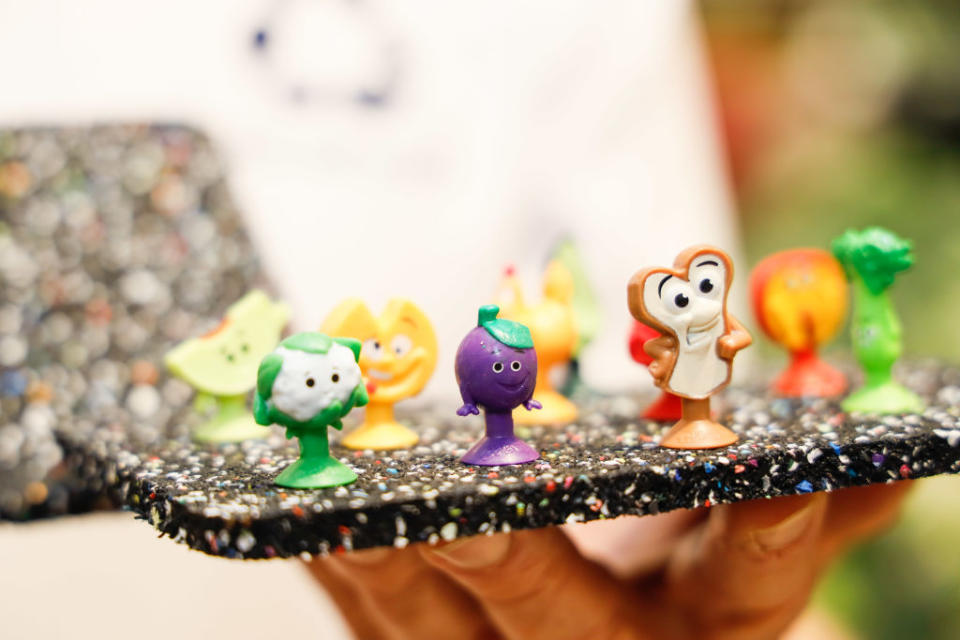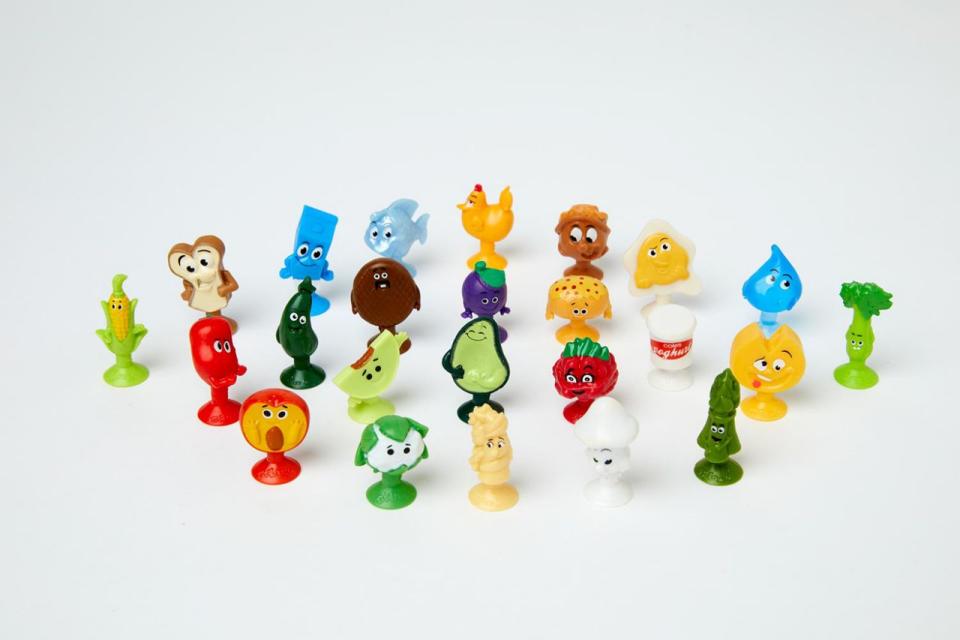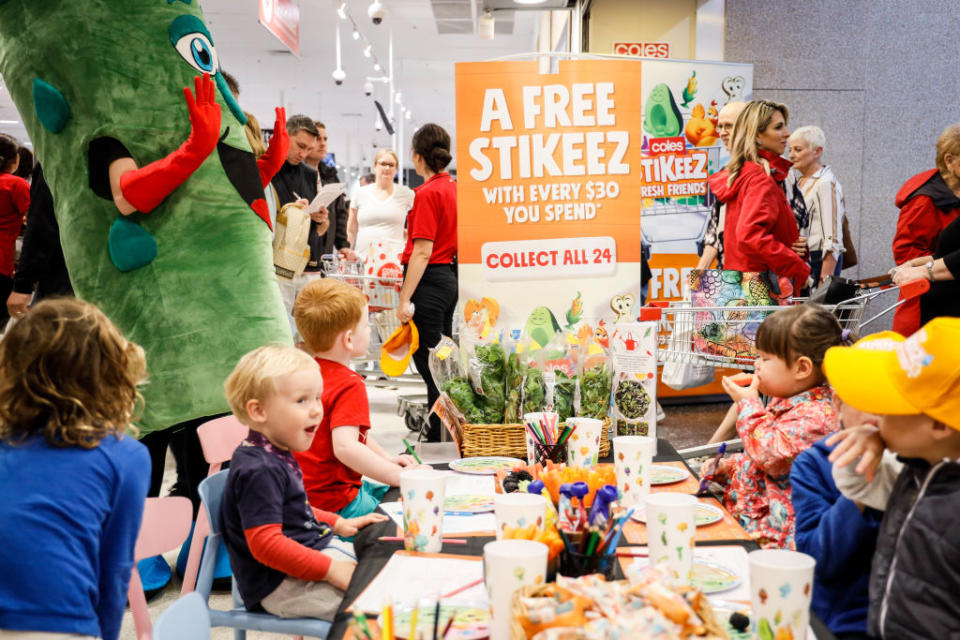'You have lost me': The big myth about Coles’ collectable toys
Australians have a strong attachment to their supermarkets, but as with any relationship, sometimes there can be trust issues.
If you feel like you’re getting mixed messages from the supermarket giants, you’re not alone.
After getting rid of plastic bags in recent years (in a messy move that was met with surprising backlash from customers), the more environmentally conscious shoppers continue to be frustrated by the seemingly incessant plastic packaging used by the supermarkets.

Meanwhile, both supermarkets have embarked on a “mini” collectables marketing arms race which (with the notable exception of Woolworth’s Discovery Garden) have produced untold amounts of plastic waste that has washed up on beaches around the country.
Carla Liuzzo is the lecturer in business at the Queensland University of Technology and is among the many consumers who are at a loss to explain the contradictory behaviour of Coles.
“As a parent, I find it so frustrating to take my children shopping, reusable bags in hand, only to be offered plastic toys at the checkout. It’s an incredibly confusing message to be sending kids. And it seems Coles is confused too,” she wrote in The Conversation.
As she pointed out, Coles last year made the admirable declaration that it wants to be “Australia’s most sustainable supermarket”.
That stated objective, however, arguably runs counter to its latest move to bring back its Stikeez range of plastic figurines for kids.
“With last week’s relaunch of ‘Stikeez’ – yet another plastic collectables range off the back of their Little Shop promotion – Coles is showing dogged commitment to unsustainable marketing,” Ms Liuzzo wrote this month.

For those without kids, Stikeez are 24 plastic characters in the shape of fruit and vegetables, somehow aimed at encouraging kids to eat healthy food.
After numerous petitions against previous plastic mini campaigns by the supermarket giants, Coles doesn’t appear willing to sacrifice what is likely a cost effective product in order to move to a more sustainable form of incentive marketing.
“Coles will make the Stikeez characters returnable in store for recycling,” Ms Liuzzo wrote.
“But this misses the point. Coles is generating waste needlessly in the first place. Surely it’s time to move beyond plastic freebies as a way of boosting sales?”
Even if customers do return the figures back to the store, the process of recycling the toys is not without its environmental demands.
“Repurposing the plastic is not without environmental cost,” Ms Liuzzo pointed out.
“Fuel is required to transport the waste and the process of repurposing plastic uses energy.”
As the country continues to deal with a recycling crisis, the article went on to detail the depths of Australia’s waste problem. After the US and Canada, Australia is the highest producer of waste per person in the world.
Currently, some councils are having to stockpile plastic after foreign countries decided to stop taking our recyclable waste. Adding to the problem is the fact that Australia has high rates of contamination of recyclables.
Coles, which employs more than 100,000 people, sent almost 100,000 tonnes of waste to landfill in 2019. To put that terms easier to imagine, that’s 274 tonnes per day ending in landfill.
The supermarket continually has to defend itself in the face of angry customers. On Monday, one shopper took to the Coles Facebook page to rail against the plastic toy promotion.
“More plastic rubbish to pollute our oceans & here I was foolishly believing you were committed to cutting back on plastics! You are an absolute joke,” she wrote.
“You have lost me and my family as customers until you get real.”
For its part, Coles falls back on the defence that the Stikeez items are recyclable - putting the onus back on the consumer.
“Stikeez collectibles, including those customers have from last year, can now be recycled at all Coles supermarkets. We have partnered with Australian recycling group Save our Soles so that Stikeez can be recycled through the same process that is used to recycle footwear in Australia since 2010,” it says.

While others have raised problematic issues with the highly profitable collectables pushed by the supermarkets, the fact is Coles appears to be intent on having its cake, and eating it too.
As Ms Liuzzo wrote: “Coles’ environmental policy says it’s ‘committed to doing business in an environmentally responsible manner’. But plastic freebies fly in the face of this policy.”
Do you have a story tip? Email: newsroomau@yahoonews.com.
You can also follow us on Facebook, Instagram and Twitter and download the Yahoo News app from the App Store or Google Play.



